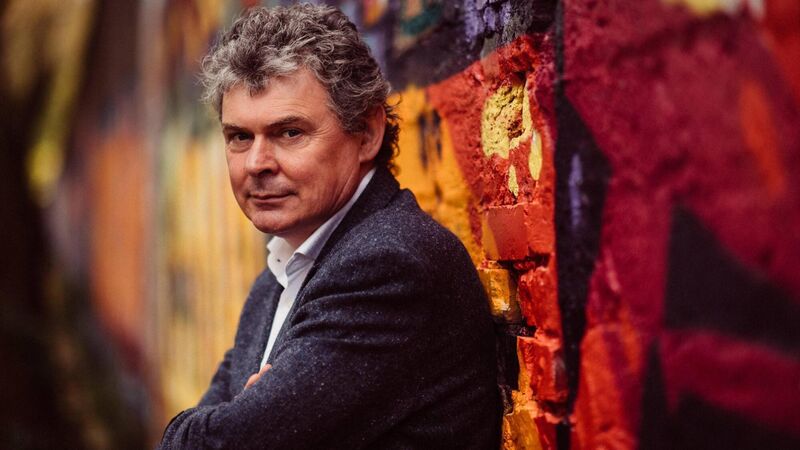Culture That Made Me: John Spillane on Planxty, the Arcadia, and Behan

John Spillane
Born in 1961, John Spillane grew up in Wilton, Cork.
During the 1980s, he performed with Stargazers. Later, he joined the band Nomos.
Try from €1.50 / week
SUBSCRIBE
John Spillane
Born in 1961, John Spillane grew up in Wilton, Cork.
During the 1980s, he performed with Stargazers. Later, he joined the band Nomos.
Already a subscriber? Sign in
You have reached your article limit.
Annual €130 €80
Best value
Monthly €12€6 / month
Introductory offers for new customers. Annual billed once for first year. Renews at €130. Monthly initial discount (first 3 months) billed monthly, then €12 a month. Ts&Cs apply.
Newsletter
Music, film art, culture, books and more from Munster and beyond.......curated weekly by the Irish Examiner Arts Editor.
Newsletter
Music, film art, culture, books and more from Munster and beyond.......curated weekly by the Irish Examiner Arts Editor.
© Examiner Echo Group Limited